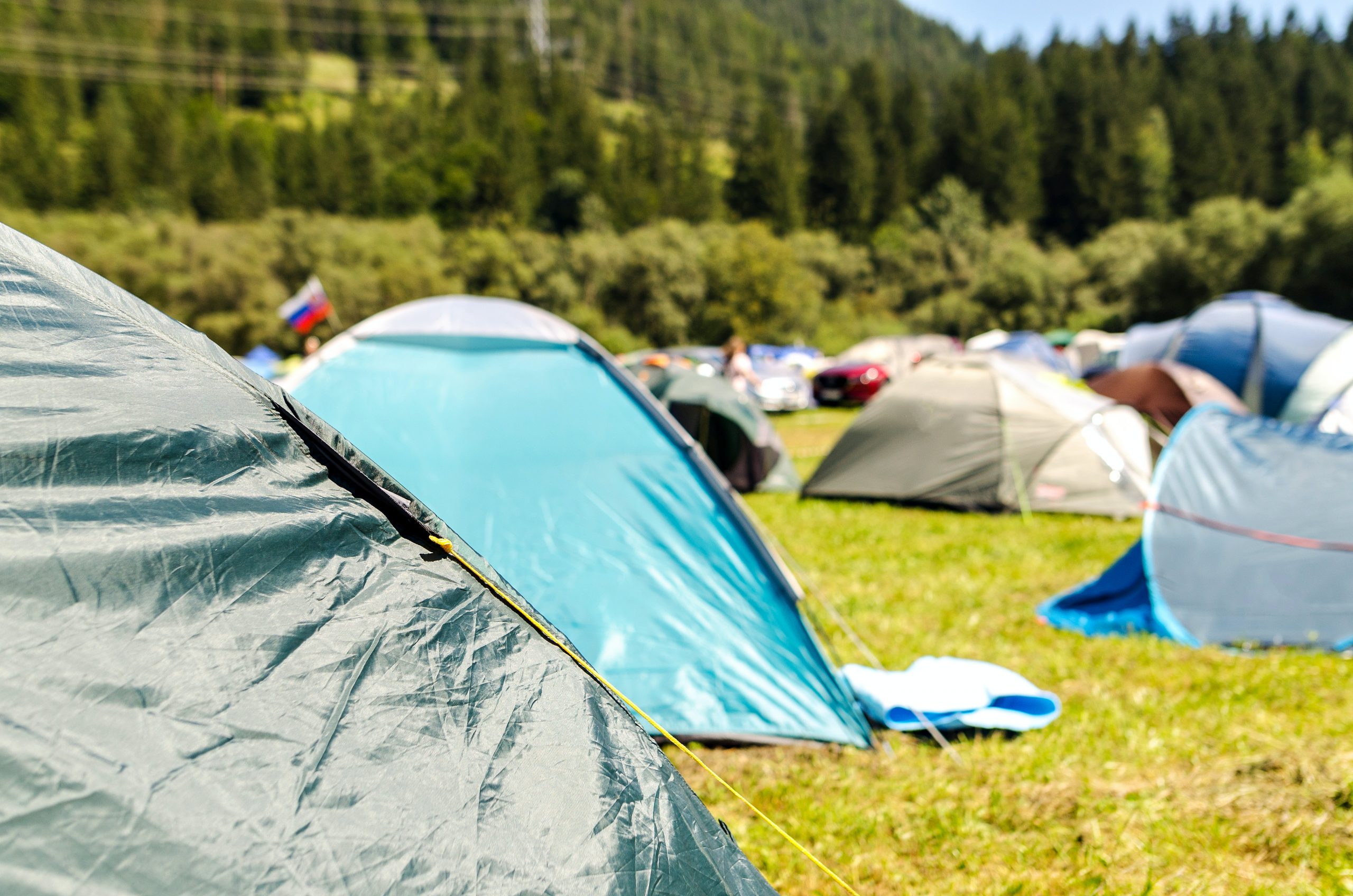Camping is an amazing activity that can be both relaxing and tons of fun! However, it’s very important to make sure that you are camping in a legal spot. The legality of camping in certain places differs from country to country. Some countries have lots of areas filled with amazing nature that’s open for everyone to camp in, while other countries chose to make some places illegal to camp in to protect the nature and animals in those areas. In this article we will go through why it’s illegal to camp in some places.
Why Is Camping Illegal In Some Places?
Camping in certain places can be illegal due to several reasons. Some areas are protected by certain laws to ensure that the nature and animals living in the area don’t get hurt by human activity. Some other areas that are privately owned ban camping due to the owners not wanting any damage to their property from reckless campers.
Where Is It Illegal To Camp?
In the US some areas prohibit camping. You can’t really throw up a tent wherever you like. A lot of areas are privately owned and ban camping. National, state, and local governments manage areas of land, and there are also private properties and Indian reservations to take into consideration if you want to camp outside a permitted area. Be sure to look up the rules and regulations of an area where you want to camp!
What Are The Consequences Of Camping Illegally?
The rules and consequences illegal camping differs between countries. If you unknowingly camp in a no-camping zone in the US and practice LNT (leave no trace) ethics you might get away with just a warning. But if you clearly ignored a sign that said “no-camping” and camped instead you can be fined up to 200$. If you did the latter and recklessly left trash and other litter behind, the fine can be bigger.
What Are Some Legal Places To Camp?
There are tones of places in the US where it’s legal to camp. You can easily get a camping permit at a campsite if you are above the age of 18, and if you want to camp in a privately owned area you can talk to the owners directly and figure out a deal. If you want to go wild camping (camping outside of a marked camping site) there are lots of places where this is allowed. National forests and national parks in the US allow wild camping, but make sure to follow the rules and regulations!
Legality Of Camping In Different Countries
Sweden
Sweden allows camping everywhere in nature, even on privately owned land! This is thanks to a thing called “allemansrätten”. Allemansrätten is a law that gives everyone access to nature. The important thing is that you respect the nature and the wildlife in the area where you are camping. You are however allowed to pick wildflowers but not allowed to remove bark from trees to your campfire. Campfires are generally allowed, but can vary due to some areas wanting to protect the nature and especially during the summers being prone to easy forest fires.
According to Swedish outdoor expert Beredd.se Sweden is a wonderful place to go camping in as long as you keep it clean afterwards. Swedes are keen on keeping the nature like it’s supposed to – clean! People are allowed to freely roam in the forest because of keeping it clean, that might not be the case if we stop cleaning up.
Scotland
Scotland is a beautiful country with amazing landscapes and views. On top of that, camping in Scotland is hassle-free as the government provides very clear and helpful information. You are free to camp in most places in Scotland as long as you follow the leave no trace policy. However there are some areas that prohibit camping, but you can easily find information about where you can not camp online!
Spain
Camping in Spain can be a little bit more complicated. The rules that apply to camping in Spain are local and not national. This means that the rules can differ from area to area. The national law about camping states that you are allowed to camp if you follows some rules. For example, you are not allowed to camp closer than 100 meter from the sea, national and natural parks are off limits, private property is prohibited, this includes historic monuments, military zones and urban areas are illegal. You can not be a group greater than 10 people and three tents while camping in Spain, and tents that are closer than 500 meters to each other are considered to belong to the same group. Camping in the wrong area in Spain can easily lead to a fine, so be careful!
Why Is Camping Illegal In Some Places?
Some places ban camping to protect the nature and wildlife in those areas from human activity. Litter left by campers can easily damage nature and hurt the animals. Due to this some areas have different policies, regulations and rules to ensure that the nature stays protected.
Conclusion
In conclusion, there are some areas in the US and elsewhere in the world that prohibit camping, often due to wanting to protect the nature and wildlife in those areas. But don’t worry! There are tons of other areas in the US that allow camping!

